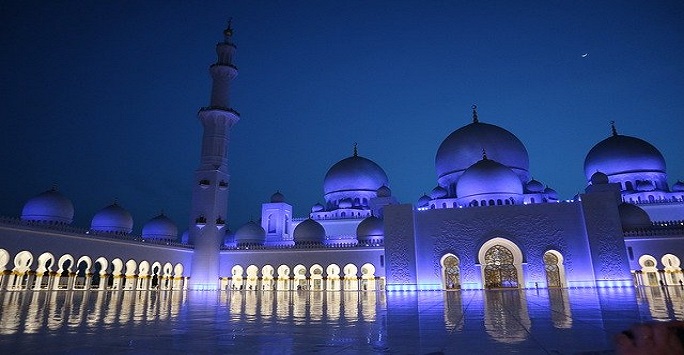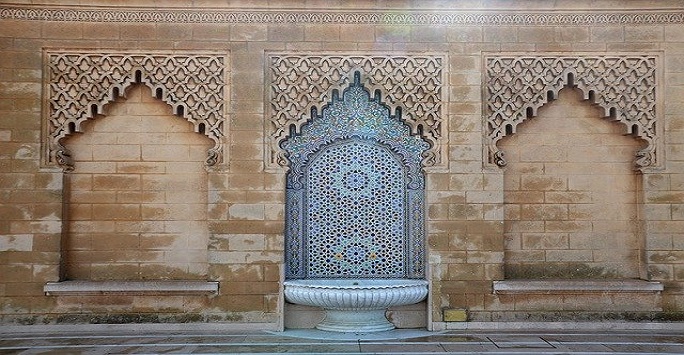
Arabic
Arabic is the official language of the 22 countries that form the Arab League. There are more than 300 million Arabic speakers across the world, though they predominantly live in the region stretching across the Middle East and North Africa. It is also one of the six official languages of the United Nations (UN).

Chinese (Mandarin)
Learning Chinese through Open Languages gives you the chance to become proficient in reading, writing, speaking and listening to the language. You will also develop your knowledge of Chinese history, society, political economy and culture.

French
French is one of the world's most important languages in terms of speaker numbers and its role in science, industry and international diplomacy. Speaking French opens up dynamic and fast-changing parts of the world outside Europe.

German
German is a major language of business, commerce and science, as well as the gateway to a vibrant and modern multicultural society with a rich and complex past.

Italian
The Italian language carries an unparalleled cultural capital. According to UNESCO, over 60% of the world’s art treasures are found in Italy. A founding member of the European Community, today’s Italy is one of the world’s top exporters and is ranked amongst the world’s largest economies; the UK is one of Italy’s main trading partners in the EU.

Japanese
More than 130 million people speak Japanese, making it the ninth most widely spoken language in the world. Aside from the populations of Japan and the Okinawan Islands, the language is spoken around the world by Japanese settlers, in Brazil, the US, South America and in other Asian countries
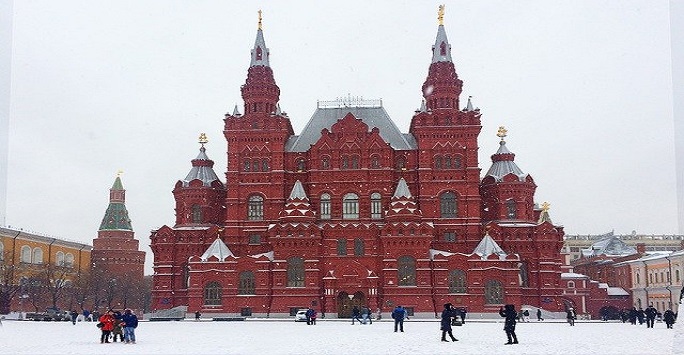
Russian
Russian is the official language in the Russian Federation, which has a population of more than 140 million people. Russian is also spoken in Ukraine, Belarus, Kazakhstan and other republics of the former USSR. Because of the legacy of the Iron Curtain, Russian speakers have a good chance of being understood anywhere from Riga to Belgrade.
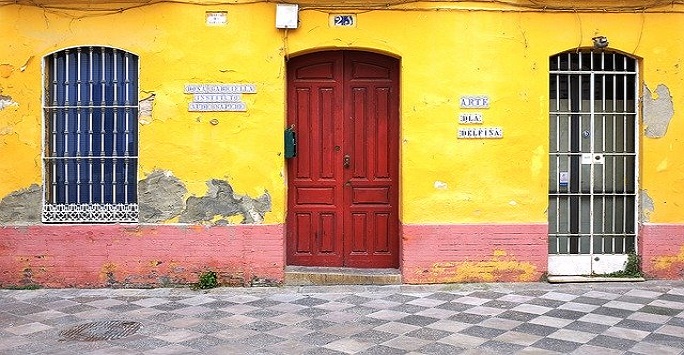
Spanish
Spanish is one of the world's most widely spoken languages with considerable global reach. Speaking Spanish opens up dynamic and fast-changing parts of the world outside Europe. Knowledge of this language brings with it access to cultural products including world literature and cinema, but also important social, cultural, historial and linguistic debates.
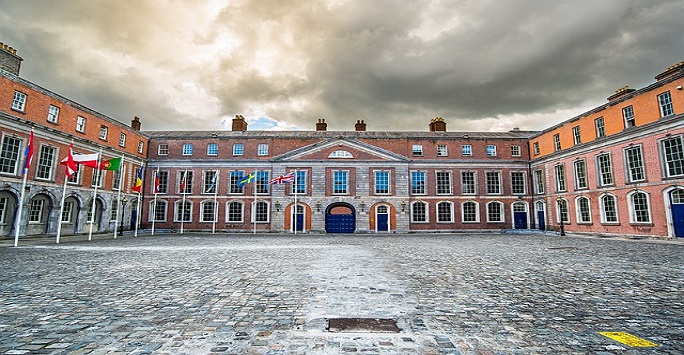
Irish
Our classes celebrate the beauty of the Irish language and aim to develop appropriate levels of competency. Greater levels of fluency and confidence are achieved through an increased understanding of grammar and expansion of students' vocabulary.
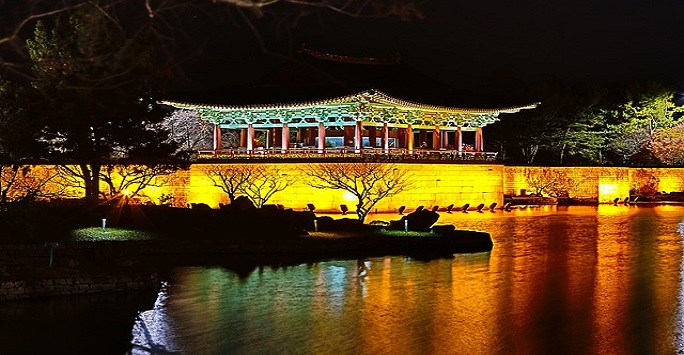
Korean
After a successful first year we have expanded our Korean offering for this coming year.


